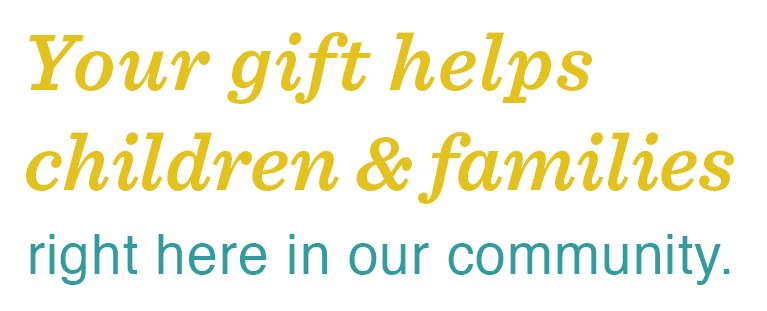
Helping Your Child Cope with Death
Coping with the death of someone close is challenging for people of all ages. For children and teens, it can be even more difficult. As they face their loss and process their grief, they will experience many emotions. Some children cry, others don't outwardly express their feelings. Some are in denial and encounter their pain much later. Not everyone grieves the same and it is important our children know there is no right or wrong way to feel.
It is hard to know exactly what our children need during this difficult time. Usually the same things that help us, will help them too. Talking, hugging, spending reflective time together are all coping mechanisms. Below are some points to consider as you support your child:
- After a tragic event, big emotions are normal.
- It's expected to experience many different feelings…fear, anger, worry, sadness, panic
- Big emotions will come in waves. Its normal for them to come and go.
- Questions will arise that do not have good rational answers, such as “Why did this happen?” There may be a general feeling of “This does not make any sense.”
- Questions about death and violence may arise, that again, do not have simple answers.
- It's important to validate and normalize these feelings. Do your best to be curious about your child’s thoughts and feelings, and let them know you understand.
- Stay close to your child, and be available.
- Don’t be afraid to ask your child how they feel, and what they are thinking about. Be specific about the tragic event.
- Give simple, age appropriate facts about what you know. Be honest, and also aware of your child’s developmental abilities. Older kids can tolerate and will need to know more specifics than younger kids.
- Remind your kids that they are safe and loved. Point out the support people in their lives. Remind them of the positive community supports that surround them.
- Maintain a regular routine as much as possible. Normalcy is helpful in creating feelings of security.
- Remind yourself that it's OK to not have all the answers for your child. What’s more important is to validate how they feel, and remind them that they are not alone.
Learn more ways to help your child cope.
We're glad you want to learn more!









 loading...
loading...